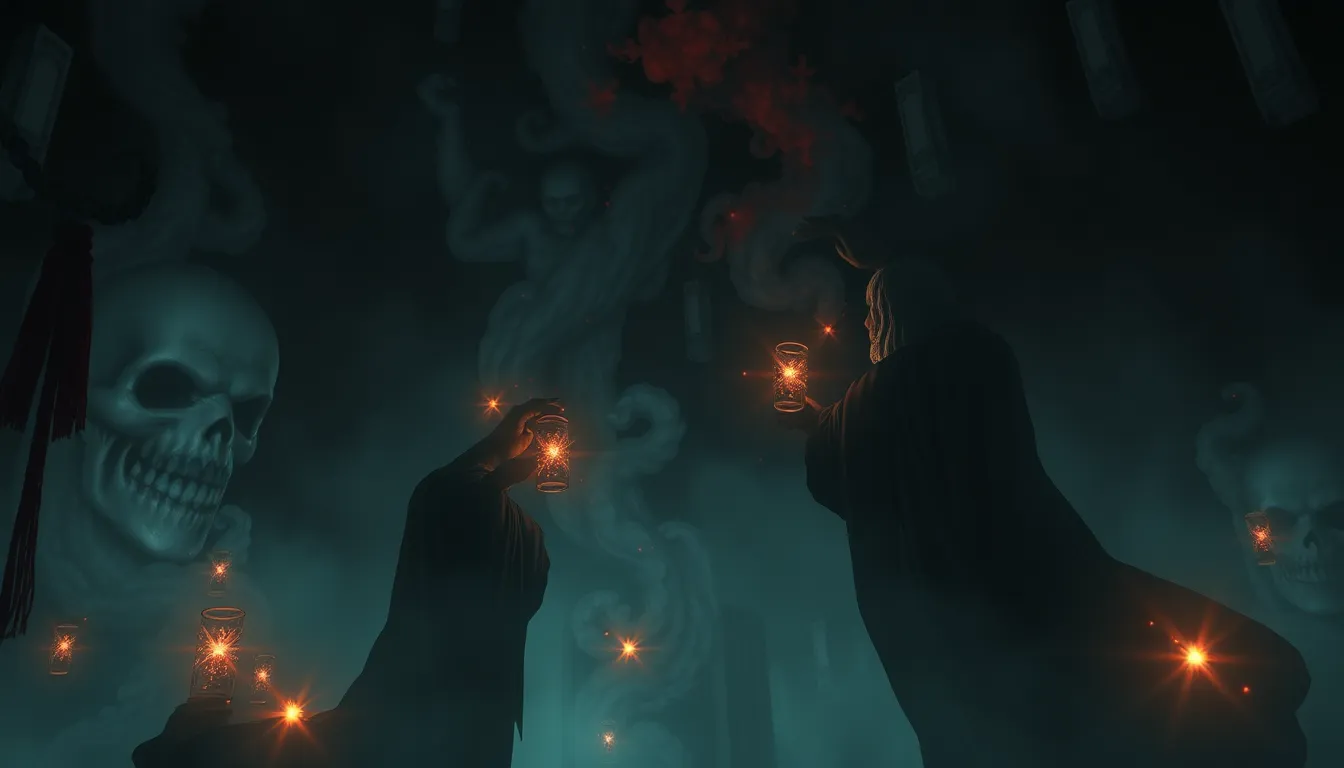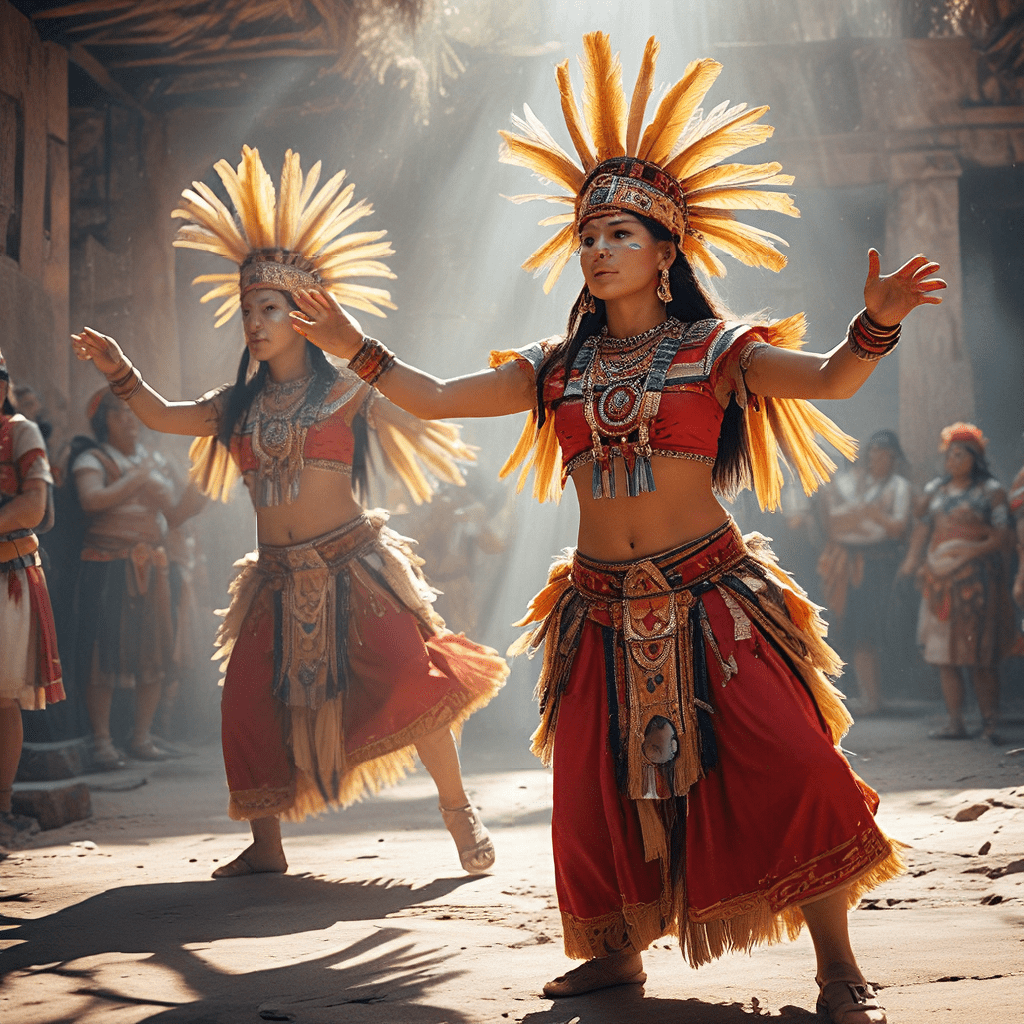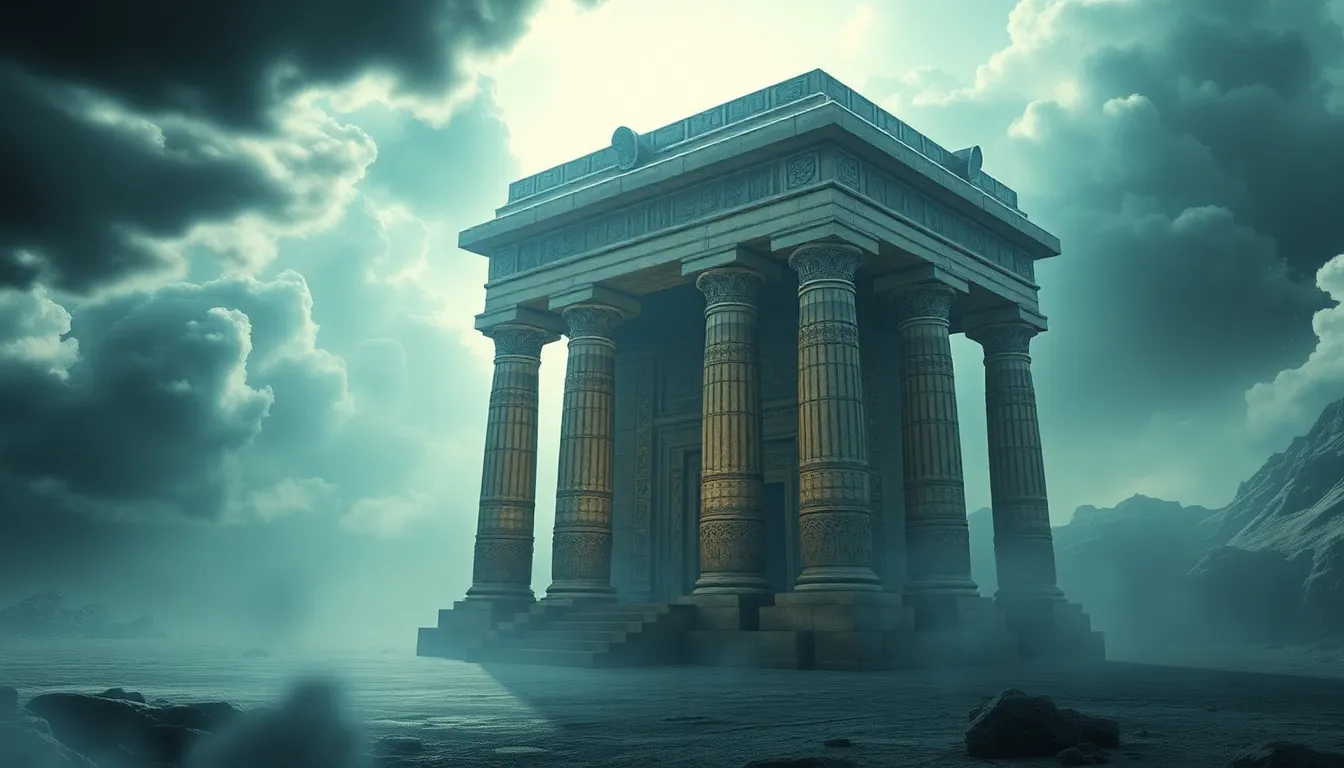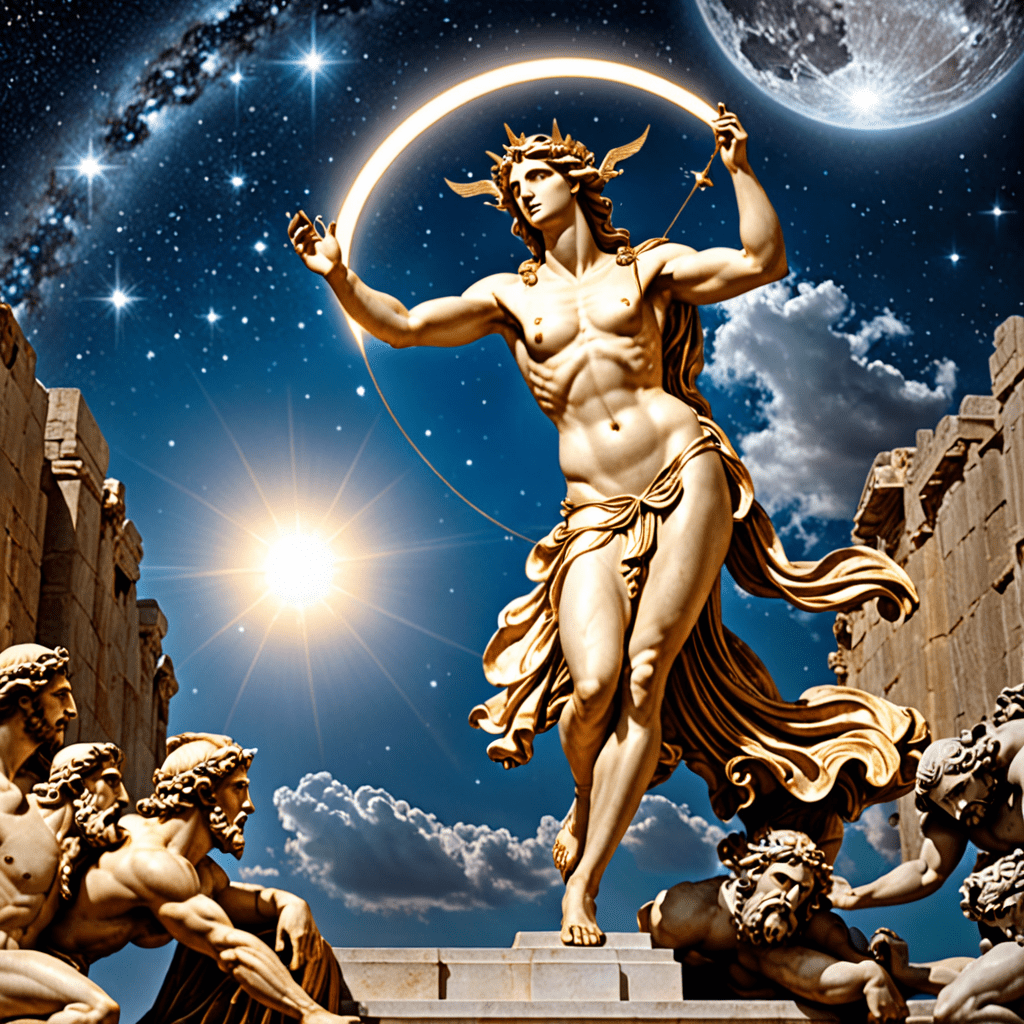Cursed Traditions: The Dark Side of Celebrations
I. Introduction
The term “cursed traditions” refers to cultural practices or celebrations that, while often seen as festive, are rooted in darker historical contexts or have led to unsettling consequences over time. These traditions can harbor histories of violence, sacrifice, or social harm that contrast sharply with their modern-day interpretations. This article aims to explore various traditions around the world that have unsettling origins or consequences, urging a re-examination of how we engage with them today.
II. Historical Context of Celebrations
Celebrations have played a pivotal role in human culture, serving as a means of bringing communities together, marking significant life events, and reinforcing social bonds. Over time, traditions have evolved, often losing their original meanings as they adapt to contemporary society.
Many celebrations today bear little resemblance to their origins. For instance, the link between ancient harvest festivals and modern Thanksgiving can be tenuous, as the original motivations and rituals have faded into history.
III. The Origins of Cursed Traditions
Some traditions are deeply rooted in rituals of violence or sacrifice, reflecting the darker aspects of human history. These practices may have been intended to appease deities, ensure fertility, or ward off misfortune, yet they often resulted in significant social or personal harm.
Case studies of traditions with dark historical roots include:
- The ancient practice of human sacrifice during certain religious observances.
- Rituals involving public executions as a form of entertainment.
- Festivals that perpetuate cycles of violence or discrimination against specific groups.
IV. Notable Cursed Traditions Around the World
A. The Day of the Dead: Celebrating or glorifying death?
The Day of the Dead, celebrated primarily in Mexico, honors deceased loved ones through gatherings, altars, and offerings. While often seen as a joyous occasion, critics argue that it can also romanticize death and neglect the traumas associated with loss.
B. The Running of the Bulls: Tradition or cruelty?
The Running of the Bulls in Pamplona, Spain, has become a symbol of Spanish culture. However, this tradition raises serious ethical questions regarding animal welfare, as bulls are often subjected to stress and harm during the event. The debate continues over whether this celebration is an expression of cultural heritage or an example of cruelty masquerading as tradition.
C. Halloween: From pagan rituals to commercialism and fear
Halloween has evolved from ancient Celtic festivals to a commercialized holiday characterized by costumes and trick-or-treating. However, its origins in pagan rituals, which included elements of fear and superstition, prompt discussions about the darker undertones that still linger today.
V. Consequences of Cursed Traditions
Cursed traditions can have far-reaching consequences, affecting individuals and societies alike. Some of the notable impacts include:
- Psychological impact: Participants may experience guilt, trauma, or anxiety related to the darker aspects of these traditions.
- Societal effects: Such traditions can perpetuate cycles of violence, fear, or discrimination, impacting community cohesion.
- Environmental repercussions: Certain celebrations may lead to environmental degradation, such as littering or harm to local ecosystems.
VI. Modern Interpretations and Reactions
Contemporary society is increasingly re-evaluating these traditions, questioning their relevance and ethical implications. Movements to change or abolish harmful practices are gaining momentum, as individuals and communities grapple with the balance between cultural preservation and ethical considerations.
Examples of modern reactions include:
- Protests against cruel animal practices during celebrations.
- Initiatives to transform harmful rituals into more positive expressions of culture.
- Educational campaigns that promote awareness of the historical context of certain traditions.
VII. Personal Accounts and Testimonies
Personal narratives from individuals affected by cursed traditions provide valuable insights into the impact of these practices. Many express feelings of conflict, grappling with cultural pride while acknowledging the darker aspects of their traditions.
Perspectives from cultural historians and anthropologists further enrich the conversation, highlighting how traditions can both unify and divide communities, depending on their historical context.
VIII. The Role of Media and Technology
Social media has profoundly influenced the perception of these traditions, providing platforms for advocacy and dialogue. Documentaries and films that depict the dark side of celebrations have sparked discussions and raised awareness about the ethical implications of certain practices.
The power of digital platforms to advocate for change is undeniable, as they create spaces for marginalized voices to be heard and for traditional narratives to be challenged.
IX. Future of Cursed Traditions
As society continues to evolve, predictions for the future of cursed traditions vary. Some may fade into obscurity, while others could transform into new, positive practices that honor cultural heritage without perpetuating harm.
Encouraging respectful engagement with cultural practices will be crucial in navigating this transition. The potential for healing and transformation within traditions is vast, as communities work to reconcile their histories with their values.
X. Conclusion
Understanding the dark side of celebrations is vital in appreciating the complexities of cultural practices. By being mindful of the traditions we choose to uphold, we can foster a more inclusive and ethical approach to our celebrations.
As we reflect on the potential for healing and transformation in cultural practices, it is essential to engage with traditions critically, ensuring they honor both their origins and the values of contemporary society.



